
TUNING
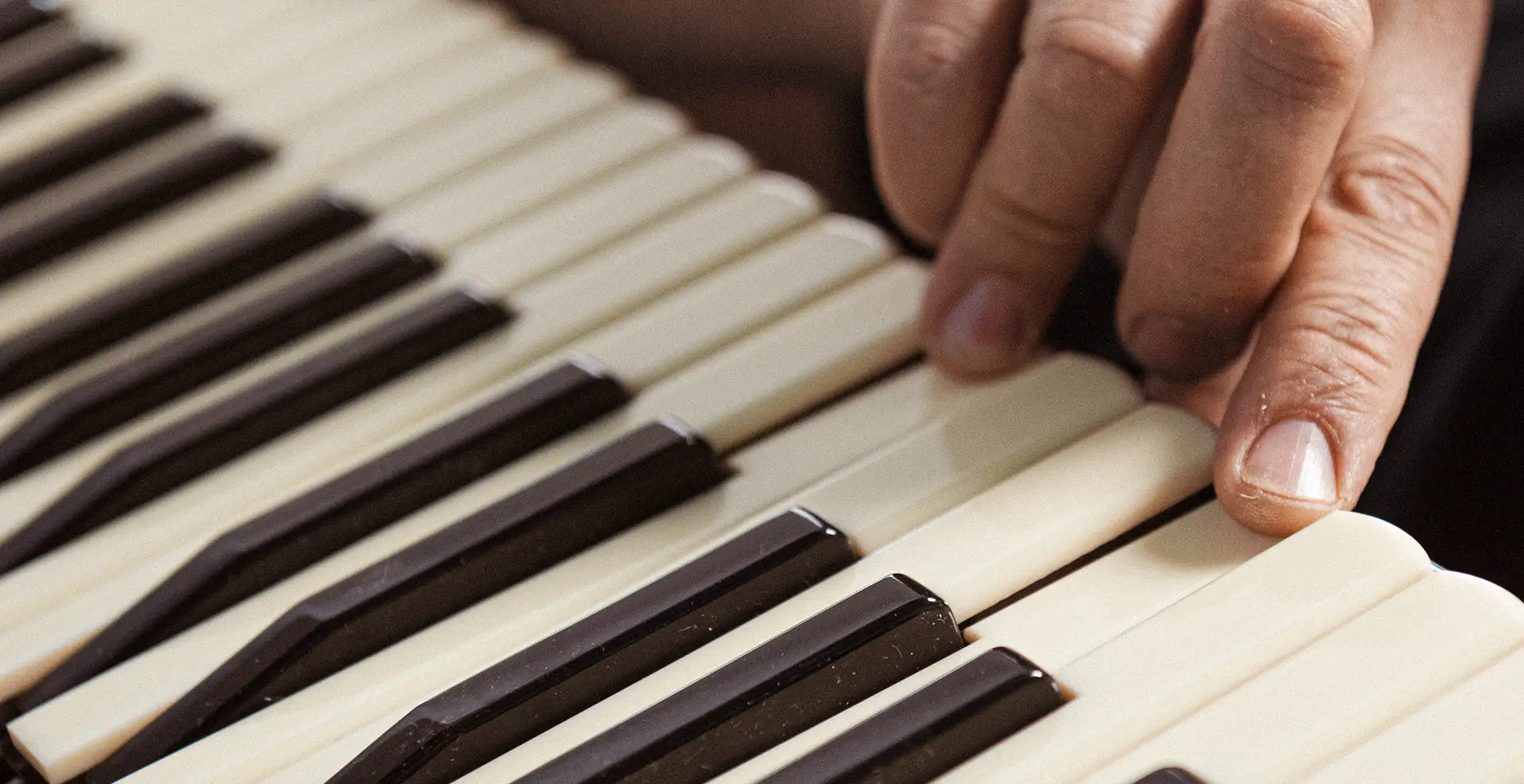
Over time, and due to sudden changes in temperature or humidity, or if the instrument is not used for a long period some reeds may go out of tune.
- If the instrument has been exposed to very low temperatures, for example as checked baggage in the plane, it’s suggested to leave it for a few hours in a room with normal temperature and humidity before playing it. Before use, open and close the bellows several times using the air valve to help refresh the internal air and reduce any moisture.
- Hunid or dusty environments can cause some reeds to get stuck. If the instrument is stored in a damp place and not played for a while, the leather (or plastic) valves may stick to the aluminum plates, affecting reed function. Regular playing often solves the problem, but sometimes a technician is needed, even if the repair is quite simple.
- Lastly, for instruments where the reedplates are fixed with wax, it’s very important to avoid excessive heat, such as from a heater, radiator, or inside a hot car. Even though wax melts at high temperatures, it can soften earlier, which may shift the reed plates slightly and affect the tuning.
KEYBOARD
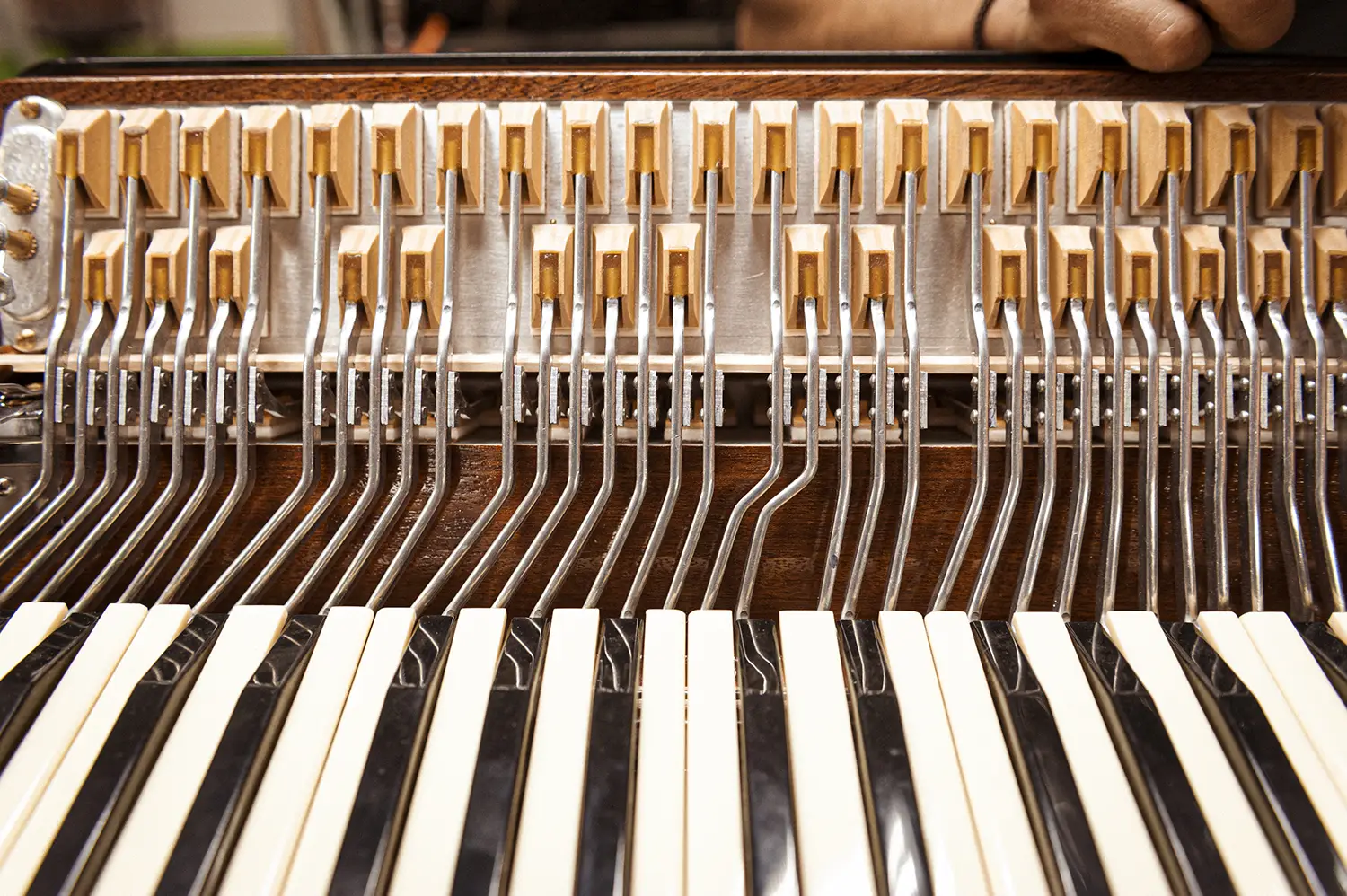
Over time and due to sudden changes in temperature or humidity, or long periods of non-use the felts under the valves can harden, and the metal key levers may bend slightly. This can lead to increased noise and, in some cases, cause reeds to sound even when their key is not pressed, just by moving the bellows. These are normal signs of wear in the life of an accordion. Similar issues, although with different mechanisms, can also occur in the left-hand mechanism.
BELLOWS WEAR
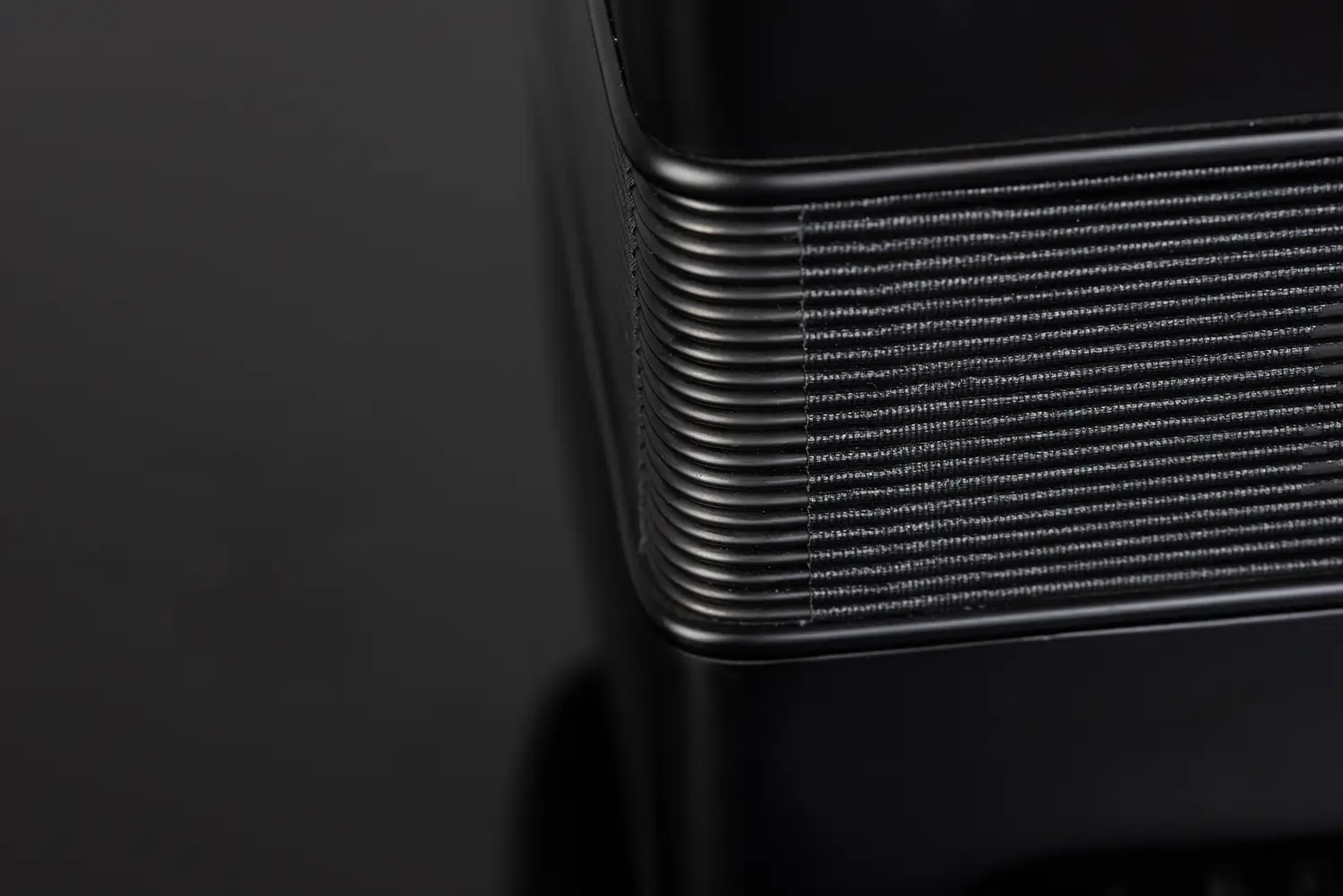
CHIN REGISTERS
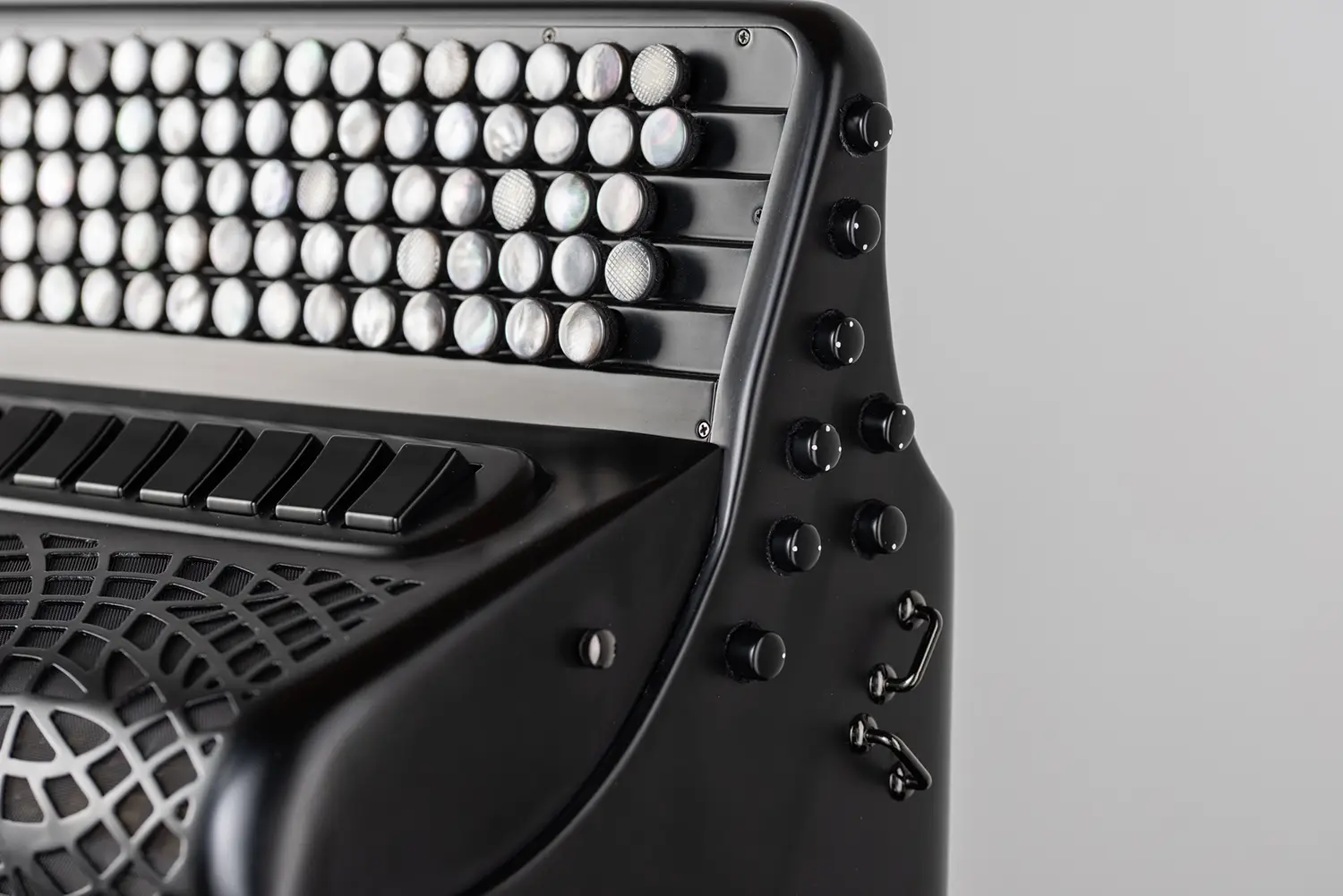
Similar issues can also happen with the left-hand registers.
BASS MECHANISM
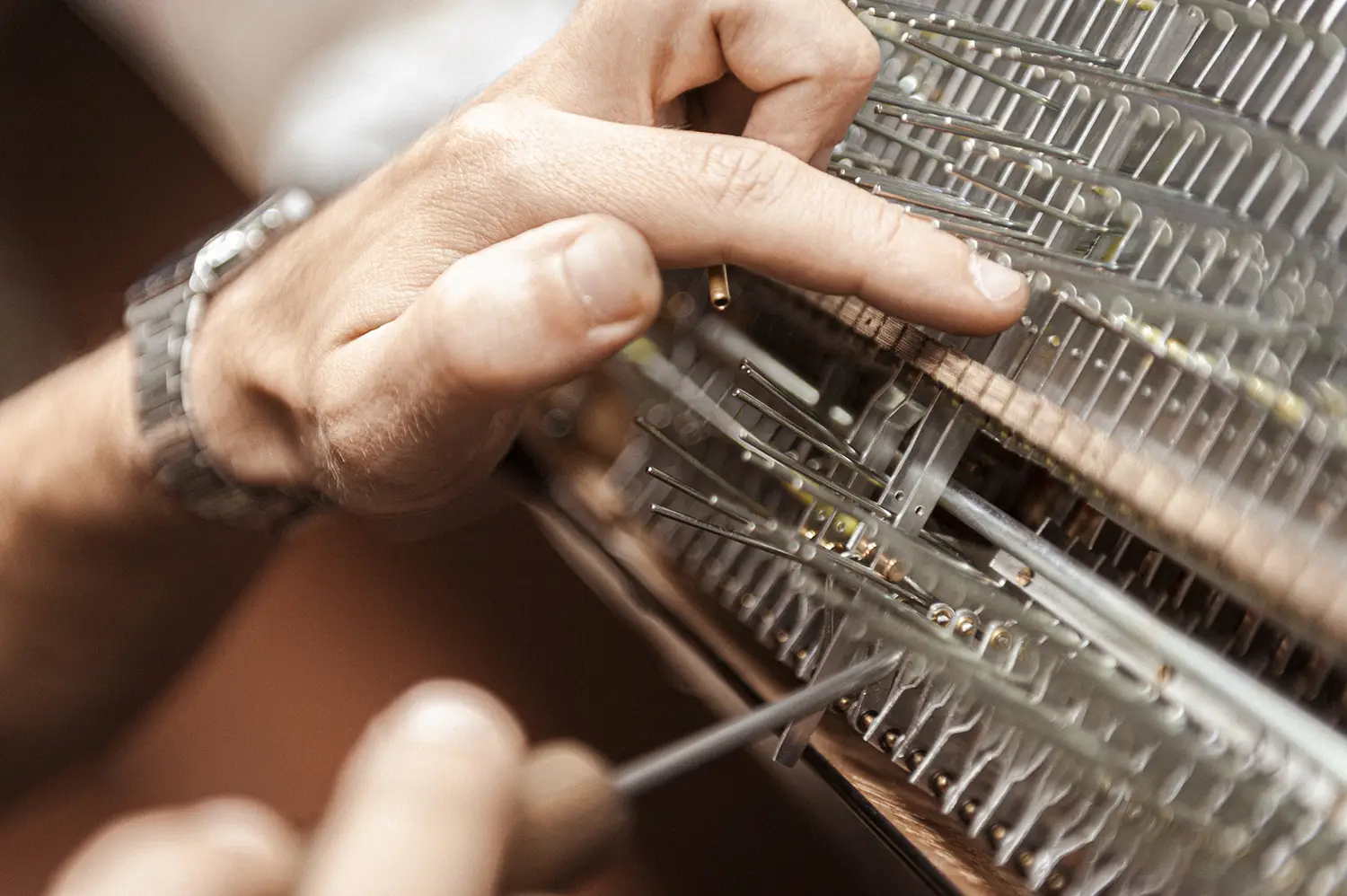
The bass mechanism, especially in converter accordions is a wonderful work of ‘artisan engineering’. Over time, wear is inevitable: many small parts change slightly, and some mechanisms may develop a bit of “tolerance”. Like any instrument with mechanical parts, the accordion needs regular maintenance.
One important thing to know: in converter systems, never push the converter while one or more bass buttons are pressed. This can cause the misalignment of some mechanical elements, and you would hear notes playing alone.
EVERY PROBLEM HAS A SOLUTION
These are all minor issues that may occur during the normal life of an accordion and, as such, are not covered by warranty. For this reason, we recommend contacting your trusted dealer or a qualified technician. Regular services allow you to check the tuning, adjust the manuals, assess the overall condition of the instrument, and, if needed, replace the bellows tapes and valve felts, ensuring optimal performance and long life for your accordion.
Adopting small, good habits every day can make a big difference.
With a few simple daily precautions, you can reduce wear on your instrument and reduce the need for technical interventions. Below are some helpful tips for the best care of your accordion.
USEFUL TIPS
- Protect the instrument from dust and humidity by using the provided cover and storing it in its case after each use;
- Keep the instrument away from heat sources such as stoves and radiators, and avoid direct sunlight;
- Do not expose the instrument to very cold temperatures—never below 0;
- Clean the instrument regularly using the provided cloth and a little water. Avoid harsh cleaning products. Regular and proper cleaning helps prevent the buildup of dust, dirt, and sweat, which can cause the felt materials to swell and affect the proper functioning of the mechanical parts;
- Be careful not to hit the chinregisters or force the registers during transport, especially if the instrument is carried in a backpack;
- If you need to ship the accordion, we strongly recommend using a hard case, or even better, a flycase for maximum protection.
